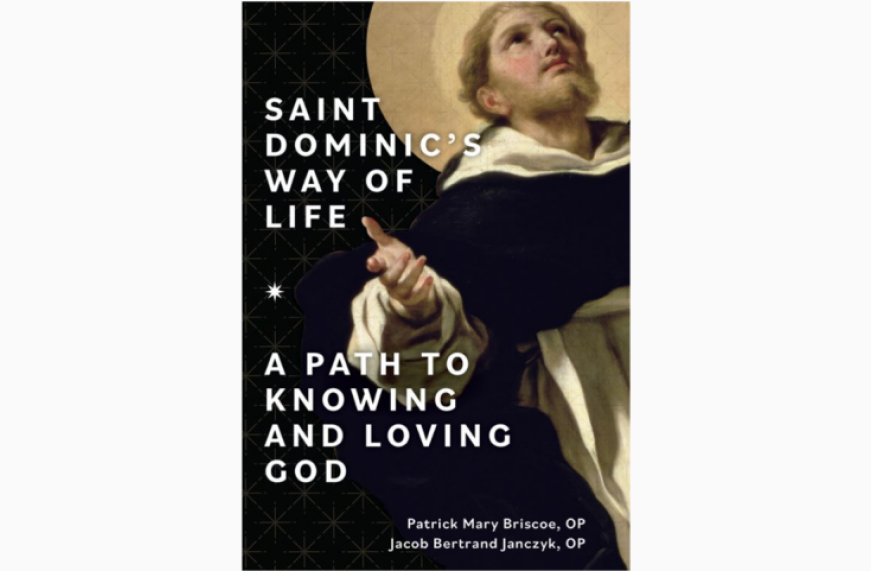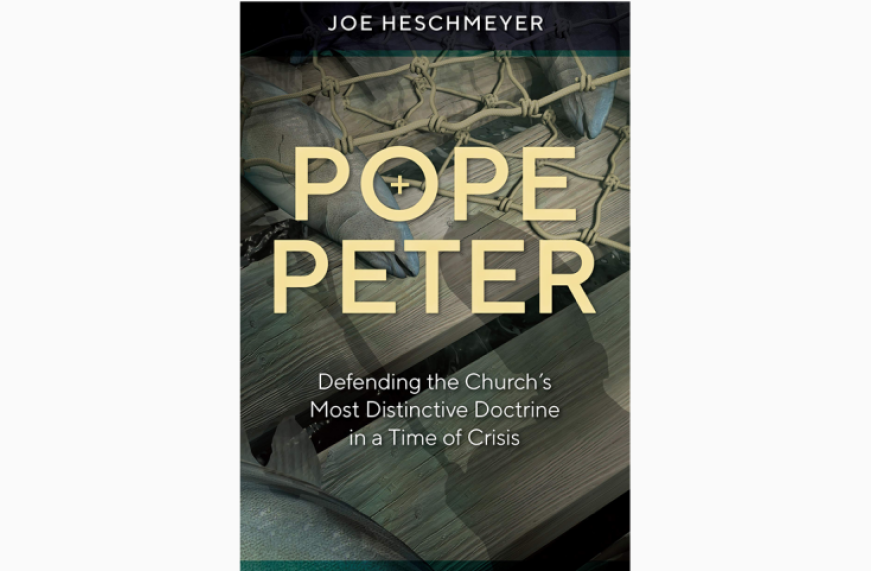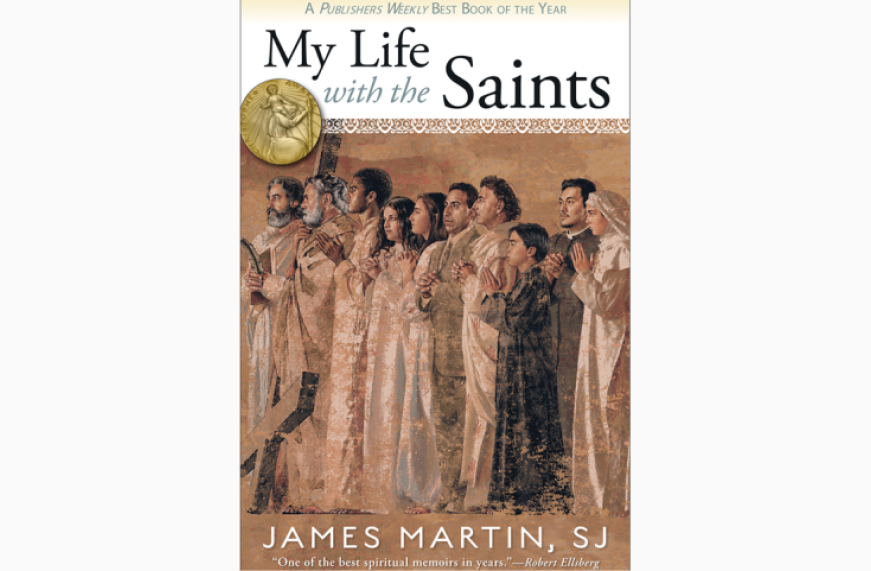Besides Mary and the Eucharist, the Office of the Papacy is among the most misunderstood and maligned teachings of the Catholic Church. Detractors, particularly Protestants, charge that the entire idea of a pope is completely unbiblical. However, as author Joe Heschmeyer, a former DC litigator and then seminarian, explains throughout his book Pope Peter: Defending the Church’s Most Distinctive Doctrine in a Time of Crisis, the papacy is entirely scriptural and based on many passages, not just the “Upon this rock” passage most commonly used to defend it (see Matthew 16:18-19 in particular). Rather, as Heschmeyer shows, the evidence for the office of the Pope - and the unique relationship between Jesus and Peter - spans the entire New Testament, lending a legitimate claim that Jesus certainly did intend to found the Church not on, say, Peter’s confession of faith but on the person and role of Peter.
For many faith-filled Catholics, the conclusions which Heschmeyer is working towards throughout his book will be sensical. The bonus for Catholics reading this is that Heschmeyer spends time drawing out the scripture passages that show the unique role Peter had among the Apostles, thus providing an excellent resource for readers who want to better understand the founding of the Papacy.
And for readers who find themselves confronted with objections to the Papacy from Protestant friends or family members, each chapter includes a section entitled “How might a Protestant respond?” By including prominent Protestant theologians from history to better understand the objections, Heschmeyer provides a very well-rounded look at the scriptural evidence for the Office of the Pope, while also refuting misunderstandings that have arisen among non-Catholics.
While I found the book started off a bit slow, it quickly picked up steam. Heschmeyer provides some very rich intellectual and theological information but is able to present it in an easy-to-read style. I recommend Pope Peter by Joe Heschmeyer for Catholic adults and young adults who want to better understand and/or defend the Papacy.



